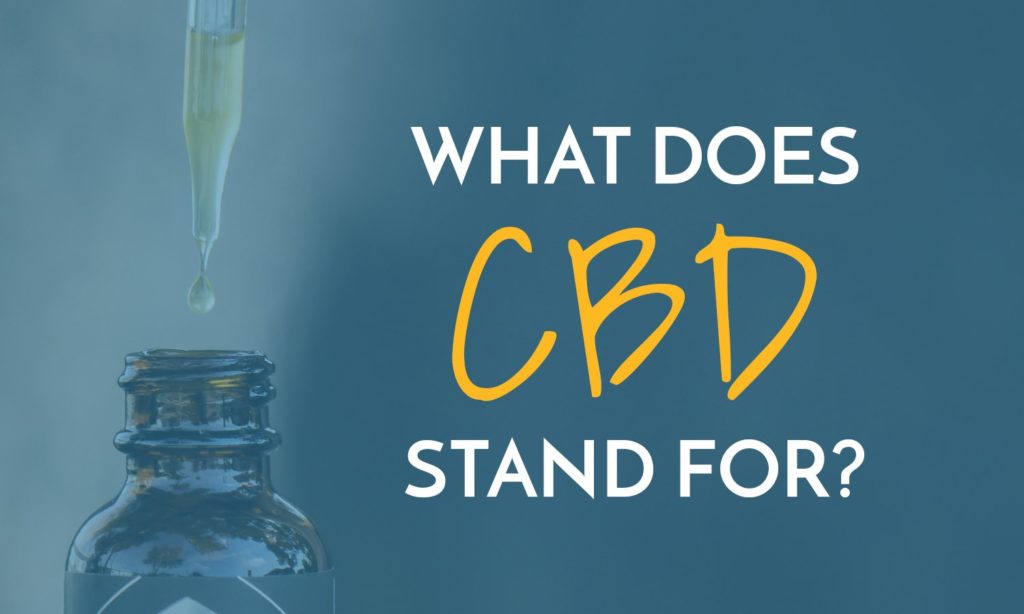 Today, you will lots of CBD-infused drugs and foods in the market today because the FDA has approved the use of CBD if it contains less than 0.3% of THC. Also, quite a few studies have been conducted to prove that CBD does provide relief for people with chronic pain in the joints, muscle spasms, epilepsy, anxiety disorders, insomnia and more.
Today, you will lots of CBD-infused drugs and foods in the market today because the FDA has approved the use of CBD if it contains less than 0.3% of THC. Also, quite a few studies have been conducted to prove that CBD does provide relief for people with chronic pain in the joints, muscle spasms, epilepsy, anxiety disorders, insomnia and more.
If you are wondering what is CBD and why is there too much hype about CBD in today’s world, this article will throw some light on the same. In this, we will explain to you what CBD is all about, where it is got from, its benefits, ways to take it and side effects, if any.
What is CBD and what does it stand for?
CBD stands for cannabidiol and it is a chemical compound found in the Cannabis sativa plant, the same plant from where the psychoactive component of THC (tetrahydrocannabinol) is obtained. However, the major difference between CBD and THC is that unlike THC, CBD doesn’t make you feel high, alter your thinking capacity, hamper your motor skills or make you feel euphoric.
When CBD is extracted from the leaves, flowers and stalks of the cannabis plant, it contains various cannabinoids, including THC. To prevent the negative effects of THC in humans and pets, the FDA and other leading authorities in various countries have authorized CBD in their respective countries, only if it contains less than 0.3% THC.
Cannabidiol, also known as CBD or CBD oil, is first extracted and exposed to various processes, where it is introduced to ethanol or carbon dioxide. In these processes, it gets filtered of all the unnecessary substances. Finally, the CBD that is ready to be released into the market contains all the effective cannabinoids and just the right amount of THC to serve the purposes it was intended for.
Consuming CBD
CBD can be consumed in many forms. Oral congestion, vaping, smoking, tinctures and topical applications are some ways in which you can take CBD-infused drugs. Thanks to the hype and awareness about the health benefits of CBD among today’s young generation, you will find quite a lot of CBD-infused gummies, candies and chocolates in the supermarket these days.
How long does it take for the CBD to take effect after you have consumed it? How long will the effect of CBD remain in your body? The answers to these questions will depend on how much of CBD you consume per day and how you consume it.
Usually, people prefer oral ingestion of CBD-infused drugs or gummies, because it is the easiest way of consumption. However, it takes quite a long time for the effect of CBD to reflect in your body in this method. Also, since the gummies or candies have only a little amount of CBD in them, you will absorb only 30% of the CBD in them.
Benefits of CBD
CBD, present in the Cannabis Sativa plants, is one of the popular methods of alternative medicine today. It interacts with the endocannabinoid system of the human body and sends relaxing signals to the brain. This is why consuming CBD will make you feel relaxed and help you forget your chronic pain. CBD is also known to reduce the risk of epilepsy and solve anxiety disorders. Recently, the FDA approved a CBD-infused drug, Epidiolex, to treat two rare types of epilepsy in people aged two and above.
Side Effects of CBD
If you are already under medications for any ailment, you should be cautious while consuming CBD, because the compound can interact with your medicines and cause unfavourable reactions in you.
Apart from this, the common side effects of CBD that you should be aware of are:
- Dryness of mouth
- Reduced appetite/ Loss of weight
- Digestion issues
- Drowsiness or light-headedness
- Reduction in blood pressure levels
Talk to your doctor right away if you think CBD can help you get rid of your health ailments.




